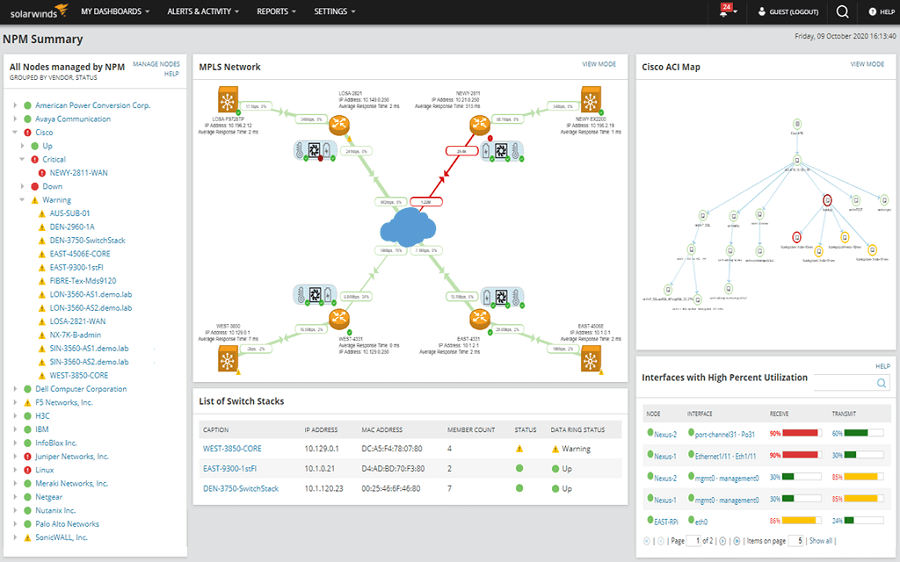How to Run Successful Influencer Marketing Campaigns in 2025″ – How to Run Successful Influencer Marketing Campaigns in 2025 unfolds a world where brands harness the power of social media influencers to elevate their marketing strategies. As we navigate through this dynamic landscape, it’s essential to understand how influencer marketing has evolved, the various strategies to engage audiences effectively, and the potential challenges that lie ahead. This approach not only fosters brand authenticity but also builds relationships with consumers in an increasingly digital world.
The year 2025 promises to bring groundbreaking changes in the influencer marketing realm, with new technologies and platforms reshaping how brands connect with their target audiences. From identifying the right influencers to measuring campaign success, being informed and adaptable is the key to thriving in this vibrant industry.

In today’s fast-paced digital world, the importance of effective communication cannot be overstated. Whether you are sending an email to a colleague, participating in a video conference, or posting on social media, the way you convey your message can have a significant impact on your relationships and professional success. This article will explore key strategies for mastering the art of communication in various contexts, ensuring your message is not only received but also understood and appreciated.One of the first steps to effective communication is to understand your audience.
Tailoring your message to suit the preferences and expectations of your audience can make a world of difference. For instance, if you are addressing a group of professionals in a formal setting, a more structured and respectful tone is appropriate. Conversely, when communicating with friends or informal acquaintances, a casual and friendly approach may be more effective. Knowing when to adjust your tone and style is crucial.Clarity is another essential component of successful communication.
When crafting your message, aim to be concise and straightforward. Avoid jargon or overly complex language that might confuse your audience. Instead, use simple words and short sentences to convey your points effectively. For example, instead of saying, “We will subsequently assess the implications of our strategic initiatives,” you could simply say, “We will review our plans next.” The latter is easier to understand and retains the same meaning.Active listening is a fundamental skill that complements effective communication.
It’s not just about speaking; it’s equally about understanding what others are saying. When engaging in conversations, make a conscious effort to listen attentively. This means not only hearing the words but also paying attention to the non-verbal cues and emotions behind them. Show your engagement by nodding, maintaining eye contact, and providing feedback. This will help build rapport and make the other person feel valued.Non-verbal communication is a powerful tool that often conveys more than words alone.
Your body language, facial expressions, and gestures can either reinforce or contradict your verbal message. For instance, crossing your arms might signal defensiveness, while an open posture indicates receptiveness. Being aware of your non-verbal signals can enhance your overall communication effectiveness. Additionally, pay attention to the body language of others to gauge their reactions and adjust your approach accordingly.In the digital age, written communication has become increasingly prevalent.
Whether you are drafting an email, writing a report, or posting on social media, the written word carries weight. To ensure your message is effective, consider the following tips:
1. Use a clear subject line In emails, a well-crafted subject line can grab the recipient’s attention and set the tone for the message.
2. Be mindful of formatting Break up text with bullet points, headings, or short paragraphs to make it more digestible. This is especially important for online content, where readers tend to skim.
3. Proofread your messages Grammatical errors or typos can undermine your credibility. Take a moment to review your writing before hitting send or publish.
4. Know your platform Different social media platforms have distinct cultures and expectations. For instance, LinkedIn calls for a more professional tone, while platforms like Twitter or Instagram may allow for a more relaxed approach.Another vital aspect of communication is feedback. Offering constructive feedback can facilitate growth and improvement, both personally and professionally. When giving feedback, be specific and focus on behaviors rather than personal traits.
For example, instead of saying, “You did a poor job on that project,” you might say, “I think the project could benefit from more thorough research.” This approach is more likely to be received positively and encourages constructive dialogue.Receiving feedback is equally essential. Embrace it as an opportunity for growth rather than a personal attack. When someone offers you feedback, listen carefully and consider their perspective.
Ask clarifying questions if needed, and avoid becoming defensive. This mindset will not only enhance your communication skills but also contribute to your overall personal development.Additionally, emotional intelligence plays a significant role in effective communication. Being aware of your emotions and those of others can help you navigate conversations more skillfully. For instance, if you sense that someone is upset, you might adjust your approach to be more empathetic and understanding.
Emotional intelligence allows you to build stronger connections and foster a positive communication environment.Incorporating storytelling into your communication can also be a powerful technique. People are naturally drawn to stories, as they engage emotions and create a memorable experience. Whether you are presenting a business idea or sharing a personal anecdote, weaving in a narrative can capture your audience’s attention and make your message more relatable.
Remember to keep your stories relevant and concise to maintain engagement.Lastly, practice is key to becoming a proficient communicator. The more you engage in conversations, write messages, and present ideas, the more comfortable and confident you will become. Seek opportunities to practice your skills, whether through public speaking events, networking opportunities, or simply engaging in discussions with friends and colleagues.
The more you put yourself out there, the more you will refine your abilities.In conclusion, mastering communication is a multifaceted skill that requires attention to detail, understanding of your audience, and a willingness to adapt. By focusing on clarity, active listening, non-verbal cues, written communication, feedback, emotional intelligence, storytelling, and consistent practice, you can elevate your communication skills to new heights.
Remember, effective communication is not just about conveying information; it’s about building relationships and creating meaningful connections. So, take these strategies to heart, and watch as your interactions become more impactful and rewarding.




